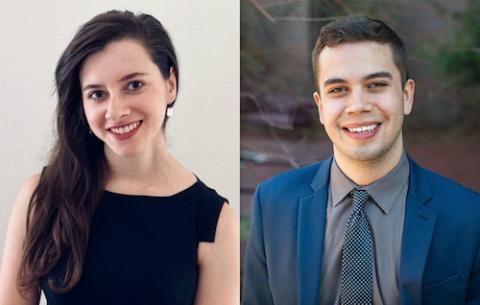
UCLA School of Law students Delaney Gold-Diamond ’21 and Avery Hitchcock ’21 won the prestigious Thurgood Marshall Memorial Moot Court Competition, which was held virtually over the course of several weeks, from late February through mid-March.
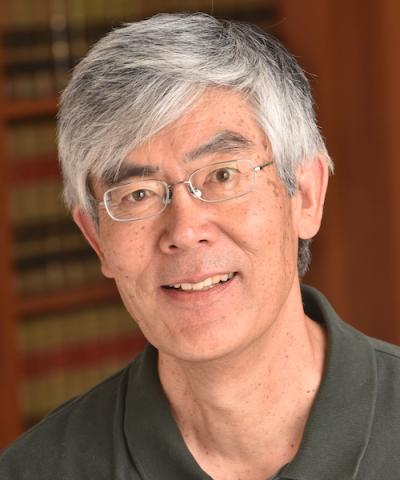
UCLA School of Law Professor Hiroshi Motomura testified in a mostly virtual hearing on “Discrimination and Violence Against Asian Americans” that the U.S. House Judiciary Subcommittee on the Constitution, Civil Rights, and Civil Liberties held on March 18.
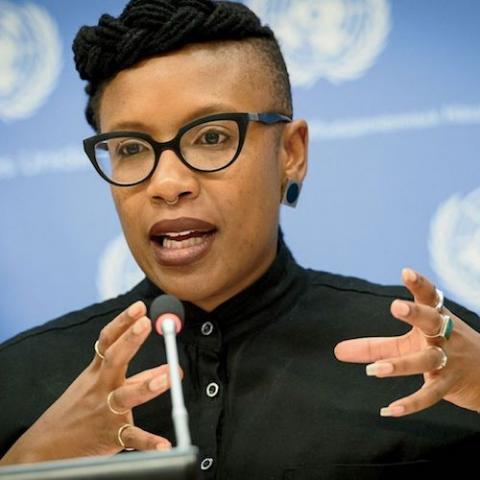
UCLA School of Law Professor E. Tendayi Achiume has been named a 2021 World Economic Forum Young Global Leader.
The honor from the World Economic Forum – the organization that presents the renowned annual summit in Davos, Switzerland – celebrates “the world’s most inspiring and responsible leaders under the age of 40.” It recognizes people who “come from different communities and industries worldwide” and are committed to making a difference.
-
J.D. Critical Race Studies
-
J.D. International and Comparative Law
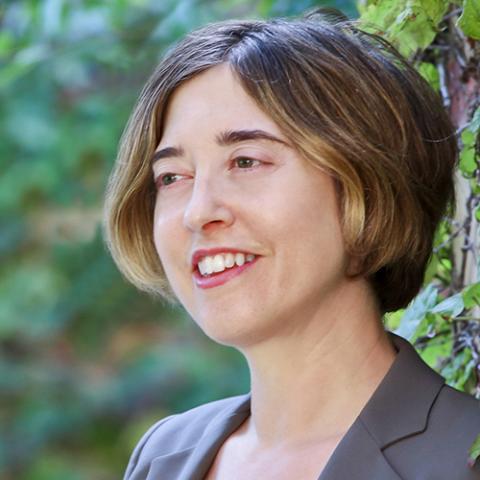
UCLA School of Law Professor Sharon Dolovich has been selected to receive the UCLA Distinguished Teaching Award for 2020-21, with an additional citation for Distinction in Teaching at the Graduate Level.
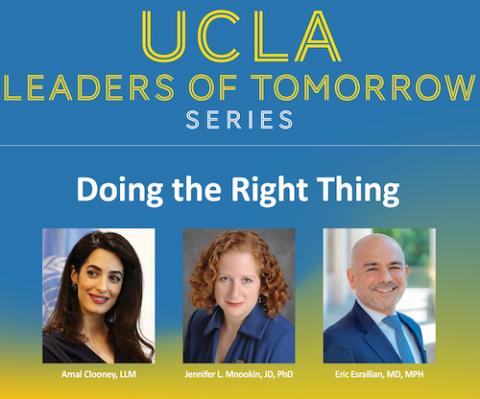
Celebrated human rights lawyer Amal Clooney and UCLA School of Law Dean Jennifer L. Mnookin participated in a conversation titled “Doing the Right Thing” on March 11, sharing their perspectives on leadership, success, and making a positive difference in the world.

Two crews of students representing UCLA School of Law’s A. Barry Cappello Trial Team swept the Student Trial Advocacy Competition (STAC) West Coast regional, which was held virtually March 4-7. UCLA Law will be among 12 law schools competing at the national championship tournament in April.

When UCLA School of Law lecturer and alumna Diane Birnholz ’90 appeared on Wheel of Fortune on Feb. 24, the final bonus round puzzle (category: “Event”) looked challenging at first:
_ _ _ _ _ N _
_ _ _ R N E _

In the new book Mine!: How the Hidden Rules of Ownership Control Our Lives (Doubleday), UCLA School of Law professor James Salzman reveals the hidden rules that govern who owns what – from the reclining space behind airline seats to HBO passwords for streaming shows.
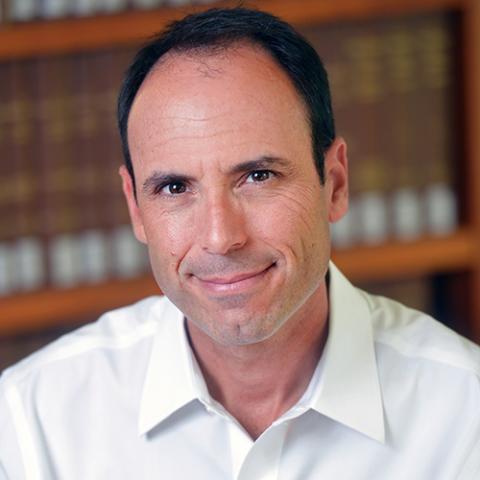
UCLA School of Law Professor Adam Winkler has been named a 2021-22 visiting scholar by Phi Beta Kappa. Winkler is one of 13 people representing a wide array of fields of academic expertise who were selected as visiting scholars this year.
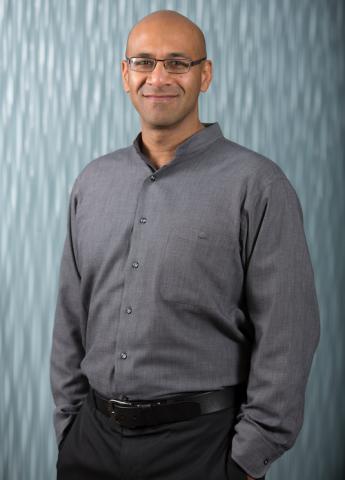
Ahilan Arulanantham, one of the nation’s most respected advocates for immigrants’ rights, is joining UCLA School of Law as co-faculty director of the Center for Immigration Law and Policy and professor from practice.